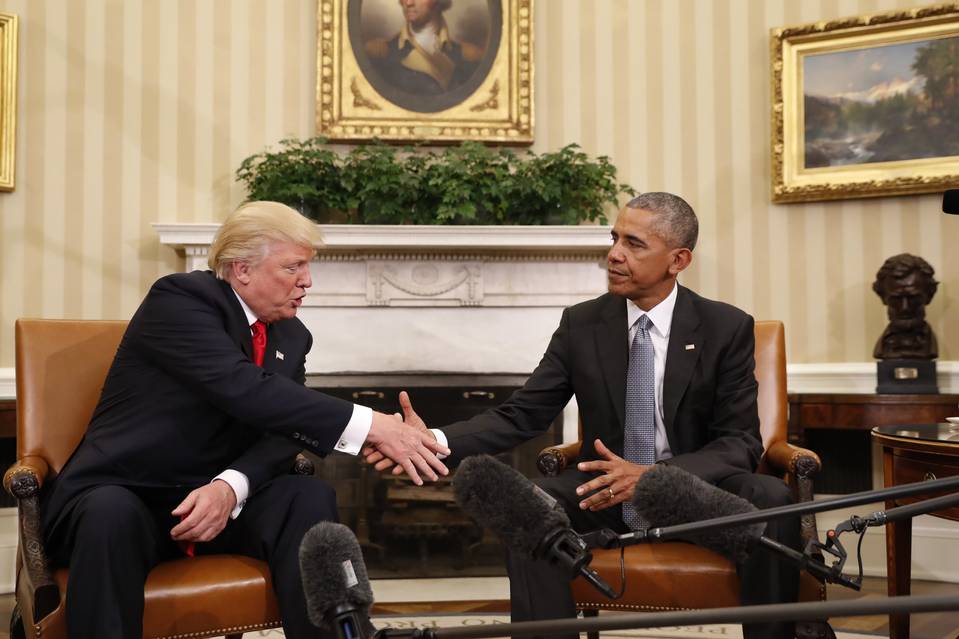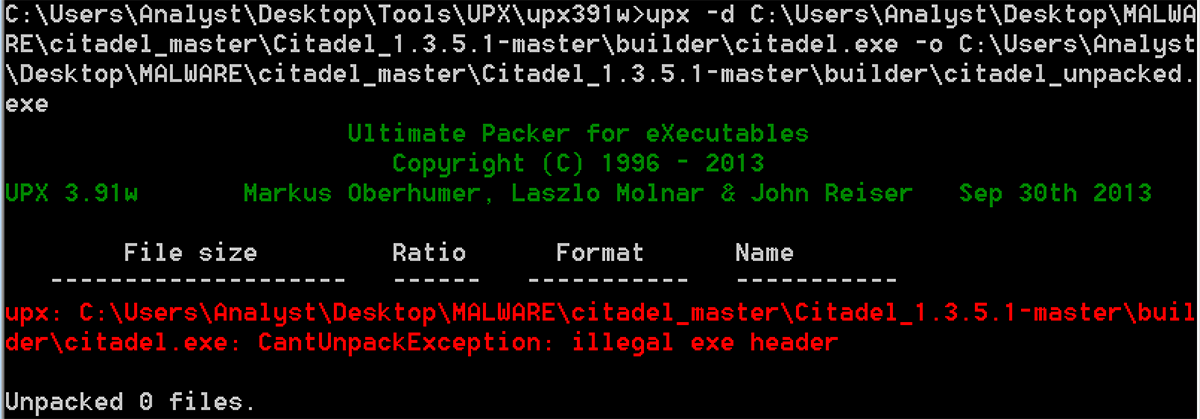

“In addition to shutting down an organisation’s ability to function, many now also threaten to publish exfiltrated data on the dark web.” Cameron said their techniques were evolving.
Is source unpack illegal full#
Hackers typically infiltrate key systems to encrypt or otherwise take control of critical data, and demand cash to restore full access. The council is believed to have refused to pay the hacker’s ransom demands, but fixing systems could cost up to £10m.Ĭameron said ransomware was the most important immediate cyber risk to the UK, encompassing organisations “from FTSE 100 companies to schools from critical national infrastructure to local councils,” and she warned that many still “have no incident response plans or ever test their cyber defences” against the threat. Hackney council in London was hit by a serious ransomware attack last October, affecting housing benefit and other council systems for months.

Joe Biden twice raised the issue with Vladimir Putin over the summer and he hinted that the US would be prepared to attack computer servers belonging to the gangs if nothing was done. Since then the west has sought to ramp up the pressure on the Kremlin. In May this year the then foreign secretary, Dominic Raab, used more nuanced language when he said states like Russia ccould not “wave their hands” and say ransomware gangs operating from their territory had nothing to do with them. Her remarks represent one of the firmest attempts yet by a British intelligence chief to pin the epidemic of internet extortion on Russia, which is accused of sheltering criminal hackers who seek to extract millions by seizing corporate data.

“We – along with the NCA – assess that cybercriminals based in Russia and neighbouring countries are responsible for most of the devastating ransomware attacks against UK targets,” Cameron said. Lindy Cameron, the chief executive of the National Cyber Security Centre (NCSC), said ransomware “presents the most immediate danger” of all cyber threats faced by the UK, in a speech to the Chatham House thinktank. Cybercriminals from Russia and neighbouring states are behind the majority of online extortion conducted against businesses and other organisations in Britain, according to the chief of the UK’s cybersecurity agency.


 0 kommentar(er)
0 kommentar(er)
